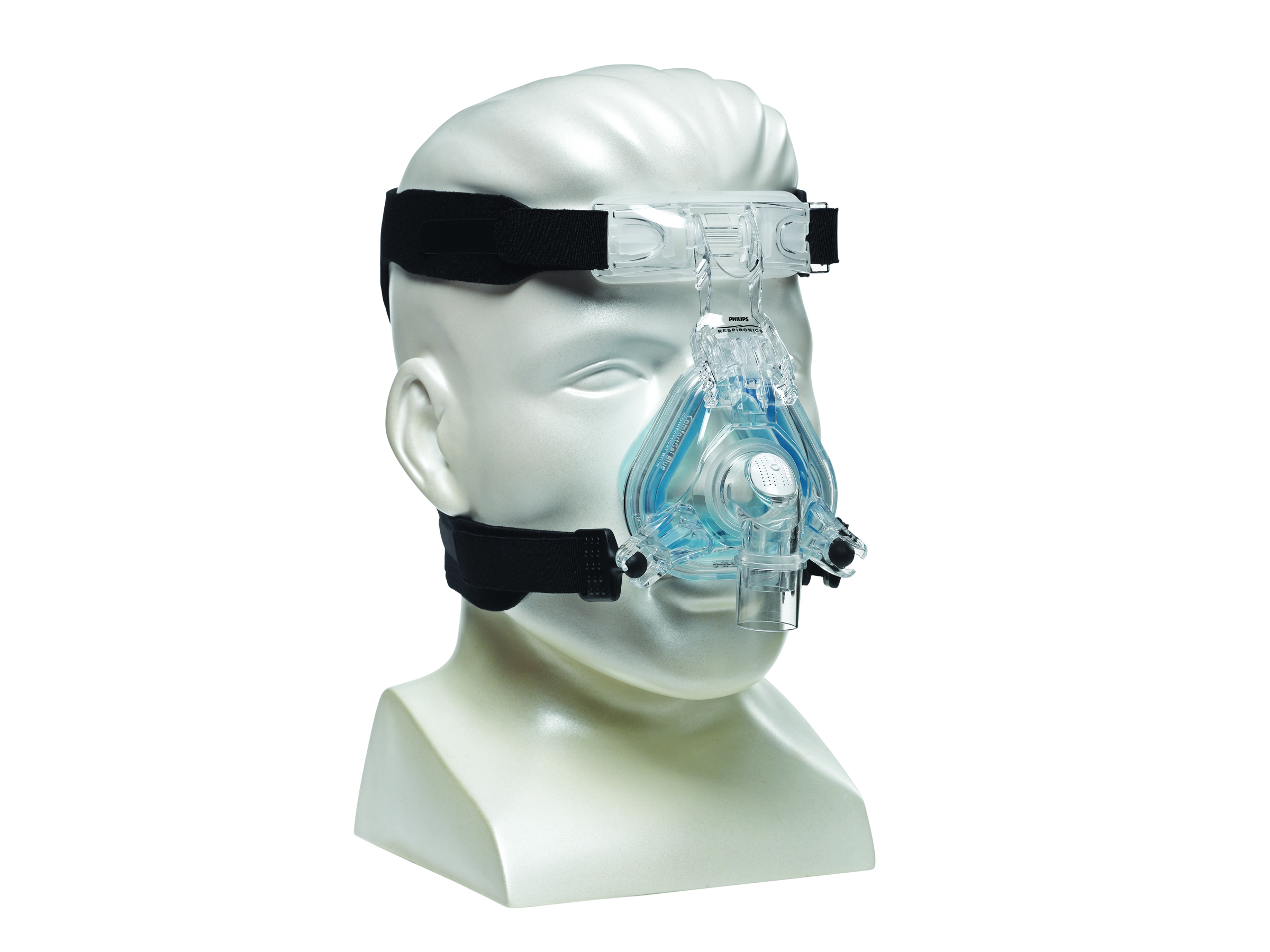
Truck Driver Safety and Sleep Apnea
Some commercial driver’s license (CDL) holders are required to undergo testing for sleep apnea.
How does sleep apnea impact commercial drivers?
The Federal Motor Carrier Safety Administration’s (FMCSA) goal is to reduce commercial vehicle related fatalities and injuries. A FMCSA study found is that an estimated 28% of Commercial driver’s license (CDL) holders suffered from some form of sleep apnea ranging from mild (17.6%), to moderate (5.8%) to severe (4.7%). While sleep apnea can contribute to CDL drowsiness while on the road in addition to impacting driver general health and well-being, it is a treatable and preventable condition. Sleep apnea has been linked to a variety of other chronic diseases such as diabetes, hypertension, and most notably obesity. Getting tested and treated is important to both driver safety and driver health.
Who needs to be tested?
The current DOT regulations include BMI and neck size as key indicators for sleep apnea that medical examiners will be looking for during physical exams.
- Anyone with a BMI of 35 or greater
- Males with a neck size of 17 inches or greater
- Females with a neck size of 16 inches or greater
What if I already Use a CPAP Machine?
Drivers whose sleep study results are positive for sleep apnea and who have been set up on CPAP treatment, will have to meet certain compliance requirements when using their CPAP machines. To meet current DOT regulations, CDL holders must use their machines for 70% of the week – basically 4 hours a night for 5 nights a week.

